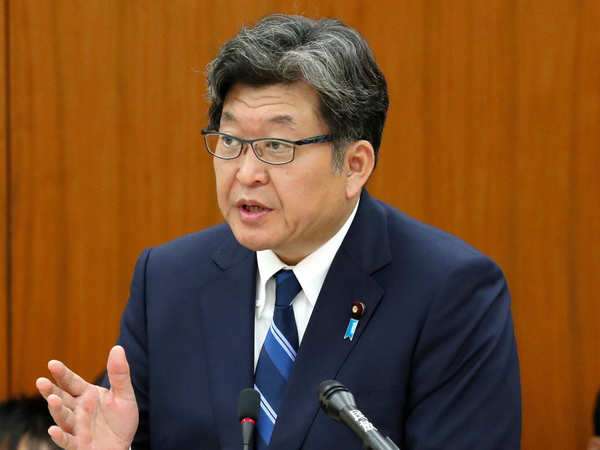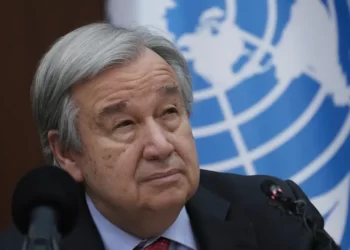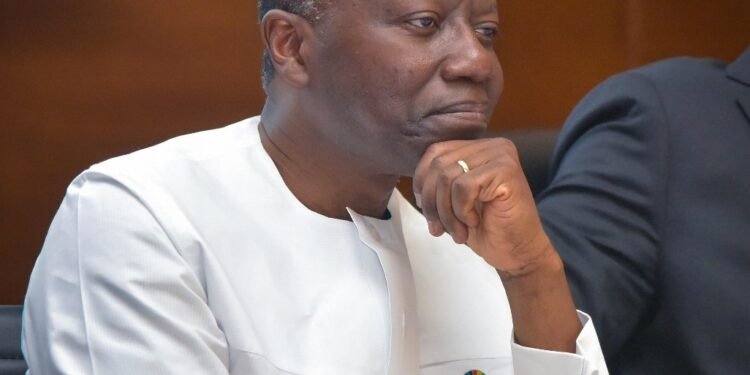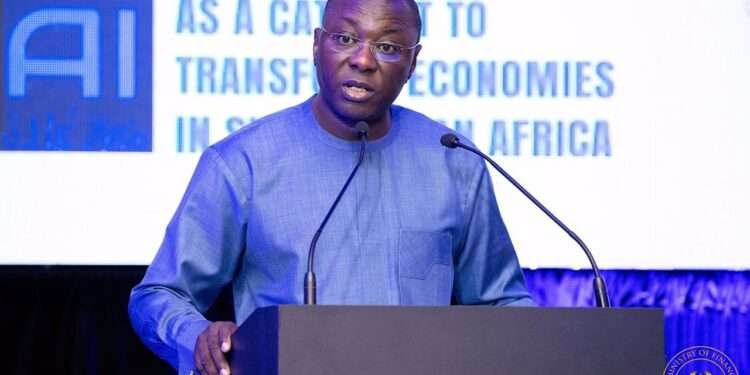The Japanese industry ministry intends to roll out a temporary measure this week to mitigate a sharp rise in gasoline and other petroleum prices by providing subsidies to oil distributors to erase wholesale prices, Minister Koichi Hagiuda said.
This intervention considered by the government comes as the nation’s average retail gasoline prices skyrocketed to 170.2 yen ($1.5) per litre on Monday, January 24, 2022, the highest in more than 13 years and above the 170 yen cap required to commence the subsidy scheme set by the ministry in November 2021.
Fuel prices have surged as crude oil prices soared to seven-year highs last week on concerns over tight global supply and potential supply disruption amid rising geopolitical tensions in Eastern Europe and the Middle East.
The program’s design indicates that a subsidy of 3.4 yen per litre will be paid to 29 oil distributors and importers for a week starting on Thursday, January 27, 2022 with the aim of keeping them from sharply raising their prices of gasoline, diesel oil, kerosene and fuel oil, according to the ministry.
Minister Koichi Hagiuda commented: “As for petroleum product prices, regional differences have been seen, but I expect this program to suppress wholesale price rises and prevent further sharp price hikes in each region.”

The ministry will set the subsidy amount every week if the gasoline price exceeds the threshold, which is designed to gradually increase. Per the framework, the size of the subsidy will be reviewed by February 3, 2022 subject to changes in retail in gasoline prices. The framework will be effective until the end of March, 2022, a ministry official told reporters.
“We hope this will limit the increase in the wholesale prices and help mitigate price rises in each region. We will continue to look for ways to minimize the impact on people’s lives.”
Koichi Haguida, Minister, Economy, Trade and Industry
Subsidy Program Criticized as Market-Distorting Measure
The measure is aimed at supporting the nation’s economic recovery from the pandemic-induced slump, an official at the ministry said in November 2021, adding that such a step has not been taken in the past.
Meanwhile, the subsidy program has been criticized as a market-distorting measure and an excessive intervention by the government since it hinted introducing the subsidies since November 2021.
The Japanese oil industry has blamed a series of petroleum-related taxes for the country’s high fuel prices. According to the Finance Ministry, taxes account for over 50 percent of the retail gasoline price per liter before a 10 per cent consumption tax is levied as of the second quarter of 2020.
“This measure is just a tentative and emergency step to ease the pain from radical changes so that (the surge in gasoline prices) would not weigh on the economic recovery from the pandemic,” a ministry official said.
The Japanese government has decided to set aside 80 billion yen for the subsidy program in its supplementary budget for the current fiscal year through March 2021.
READ ALSO: GNPC’s Responses ‘Insufficient’, ACEP Insists ‘Foul up’ in Attempt to Hide Assets Offshore






















